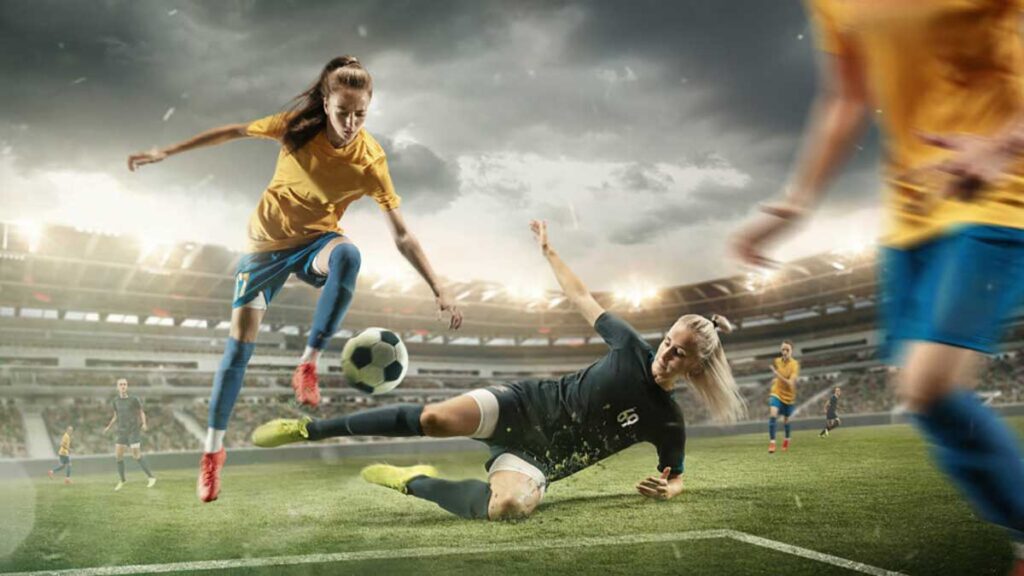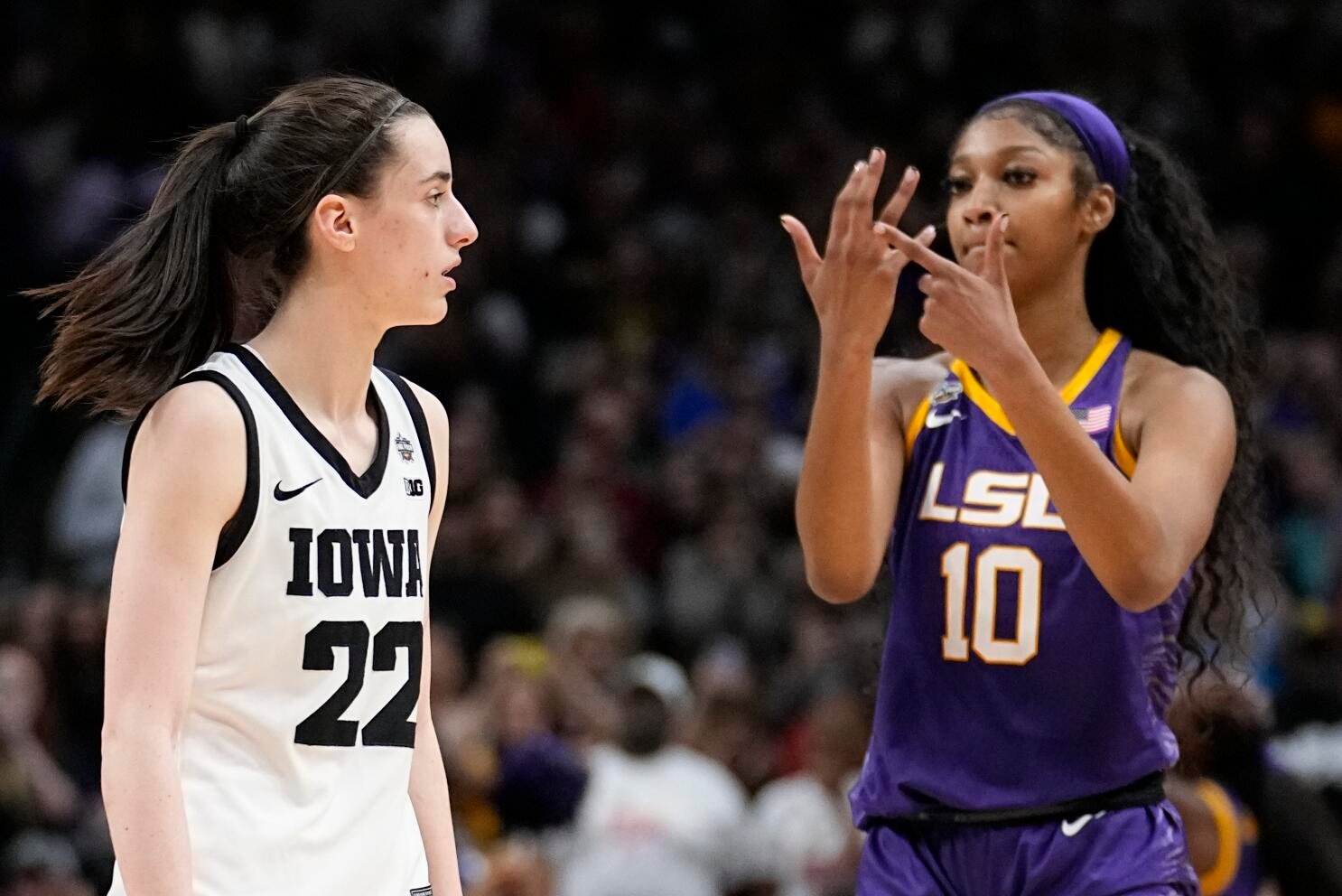Sports are something beyond proactive tasks;
Opening-the-mysteries-of-sports-an-exhaustive-aide. They are a window into figuring out human capacities, procedures, and the quest for greatness. Whether you’re a competitor, a mentor, or basically a games fan, diving into the insider facts of sports can be an improving excursion. In this aid, we will investigate the diverse parts of sports, from the science behind athletic execution to the brain research of winning, and the methodologies that raise players and groups to significance.
The Study of Sports Execution
At the core of every donning try lies the study of execution. From the biomechanics of developments to the physiology of perseverance, different logical disciplines combine to streamline athletic capacities. Biomechanics breaks down how the body moves during sports exercises, assisting competitors with refining their methods for the greatest productivity and injury counteraction.
Also, understanding the physiology of activity is significant for competitors and mentors the same. It envelops how the body answers actual effort, including cardiovascular variations, solid strength improvement, and the energy frameworks utilized during various sorts of exercises. This information frames the reason for preparing programs customized to explicit games and individual competitors, guaranteeing ideal execution and recuperation.
Sustenance and Sports
Sustenance plays a crucial part in sports execution. Competitors require a reasonable eating routine that gives vital supplements to energy creation, muscle fix, and by and large prosperity. Sugars are essential for performing extreme exercises, while proteins help in muscle fix and development. Sound fats, nutrients, and minerals additionally add to generally speaking athletic execution and recuperation.
Hydration is one more basic part of sports sustenance. Legitimate liquid admission previously, during, and after practice keeps up with ideal internal heat level, forestalls lack hydration and supports execution. Electrolytes like sodium, potassium, and magnesium are particularly significant for competitors who participated in drawn-out or extreme exercises.
Mental Strength and Sports Brain Research
Past the actual perspectives, sports additionally dive into the domain of brain science. Mental sturdiness, versatility, and center are ascribed that recognize world-class competitors from the rest. Sports brain research investigates the psychological systems and strategies that competitors use to upgrade their exhibition, oversee pressure, and beat difficulties.
Perception, objective setting, and care rehearsal are normal instruments utilized by competitors to reinforce their psychological distraction. By envisioning achievement and defining practical testing objectives, competitors can upgrade inspiration and keep fixed on constant improvement. Care methods, for example, contemplation and profound breathing, assist competitors with overseeing pressure and keeping a quiet, engaged mentality during rivalries.

Group Elements and Authority
In group activities, achievement frequently depends on viable correspondence. The attachment, and administration. Group elements include the communications, jobs, and connections inside a group that impact its exhibition. Clear correspondence, trust, and shared regard among colleagues are fundamental for cultivating a positive group climate and accomplishing aggregate objectives.
Initiative likewise assumes a pivotal part in sports groups. A solid chief can move colleagues, settle on essential choices under tension, and bind together the group toward a typical vision. Compelling pioneers display characteristics like trustworthiness, strength, and the capacity to spur others, driving group accomplishment on and off the field.
Systems for Progress
Making progress in sports requires something beyond actual ability; it requests key reasoning, flexibility, and tirelessness. Mentors and competitors utilize different procedures to acquire an upper hand and accomplish their objectives. Strategic examination, rival exploring, and game arranging are normal techniques used to plan for contests and benefit from qualities while alleviating shortcomings.
Moreover, sports examination and innovation have reformed how groups approach preparing and executing examinations. Information-driven bits of knowledge from wearable gadgets, video examination programming, and measurable models give significant data to enhancing methodologies, distinguishing regions for development, and settling on informed choices continuously.
The Job of Instructing and Mentorship
Mentors and guides assume an urgent part in the improvement of competitors. Past showing abilities and strategies, they ingrain values like discipline, flexibility, and collaboration. Compelling training includes seeing every competitor’s assets and shortcomings, giving useful criticism, and cultivating a steady learning climate.
Mentorship likewise assumes an essential part in sports. Experienced competitors or previous players frequently coach more youthful competitors, offering direction, consolation, and bits of knowledge acquired from their encounters. Mentorship connections can move competitors, speed up their turn of events, and confer significant illustrations that reach out past the domain of sports.
Morals and Sportsmanship
Sportsmanship and moral direction are crucial rules that maintain the honesty of sports. Fair play, regard for adversaries, and adherence to rules and guidelines are fundamental beliefs that characterize sportsmanship. Uprightness in sports reaches out to issues, for example, doping counteraction, match-fixing avoidance, and guaranteeing a level battleground for all competitors.
Advancing a moral way of behaving and sportsmanship encourages a positive society. As well as imparts values that rise above sports and add to self-improvement and character improvement. Competitors, mentors, and overseeing bodies have an aggregate liability to maintain moral norms and advance uprightness in sports at all levels.
End
Sports are a rich embroidery of actual ability, mental grit, key keenness, and moral qualities. Opening the privileged insights of sports includes diving into different disciplines, from science and sustenance to brain research, initiative, and morals. By understanding these complex perspectives, competitors and mentors can streamline execution. They encourage cooperation and develop a culture of greatness and sportsmanship.
Whether on the field, court, track, or any donning field, the excursion of opening the privileged insights of sports is a continuous quest for dominance and self-revelation. As we praise the victories and gain from the difficulties, sports proceed to motivate and join individuals around the world, rising above limits and typifying the soul of human potential and accomplishment.
FAQs
Q: What is the meaning of sports science in athletic execution?
A: Sports science includes disciplines like biomechanics, physiology, and sustenance, all essential for streamlining athletic execution. Understanding these sciences assists competitors with refining strategies, forestalling wounds, and designing programs for maximized execution.
Q: How does nourishment influence sports execution?
A: Sustenance assumes an essential part in energy creation, muscle fix, and generally speaking prosperity for competitors. A reasonable eating regimen with satisfactory starches, proteins, fats, nutrients, minerals, and hydration upholds ideal execution, recuperation, and injury counteraction.
Q: Which job does brain research play in sports?
A: Sports brain research centers around mental sturdiness, strength, concentration, and inspiration for competitors. Methods like representation, objective setting, care, and stress the board improve execution, oversee tension, and encourage a positive outlook.
Q: How significant are group elements and administration in sports?
A: Group elements, including correspondence, trust, and jobs, are urgent for group achievement. Viable initiative rouses partners, pursues key choices, and encourages a positive group climate, improving union and execution.
Q: What systems might competitors and mentors at any point use for progress?
A: Competitors and mentors use strategies like strategic investigation, rival exploring, game preparation, information examination, and innovation to acquire an upper hand. Viable training, mentorship, and moral lead likewise add to outcomes in sports.
Q: How do sportsmanship and morals add to the trustworthiness of sports?
A: Sportsmanship and moral way of behaving maintain reasonableness, regard, and adherence to rules, guaranteeing a level battleground and advancing a positive donning society. Maintaining moral norms forestalls issues like doping and match-fixing, saving the trustworthiness of sports.





